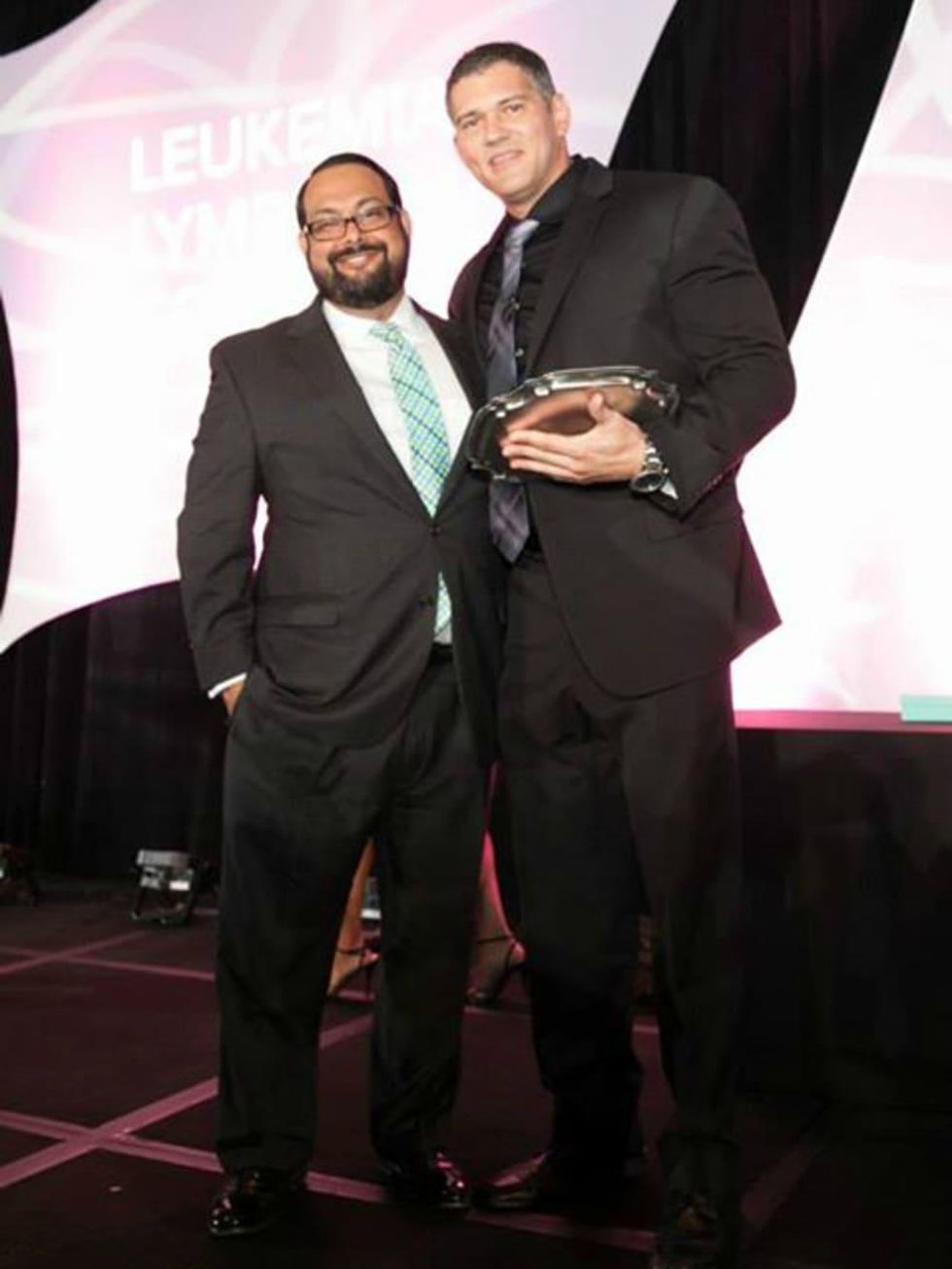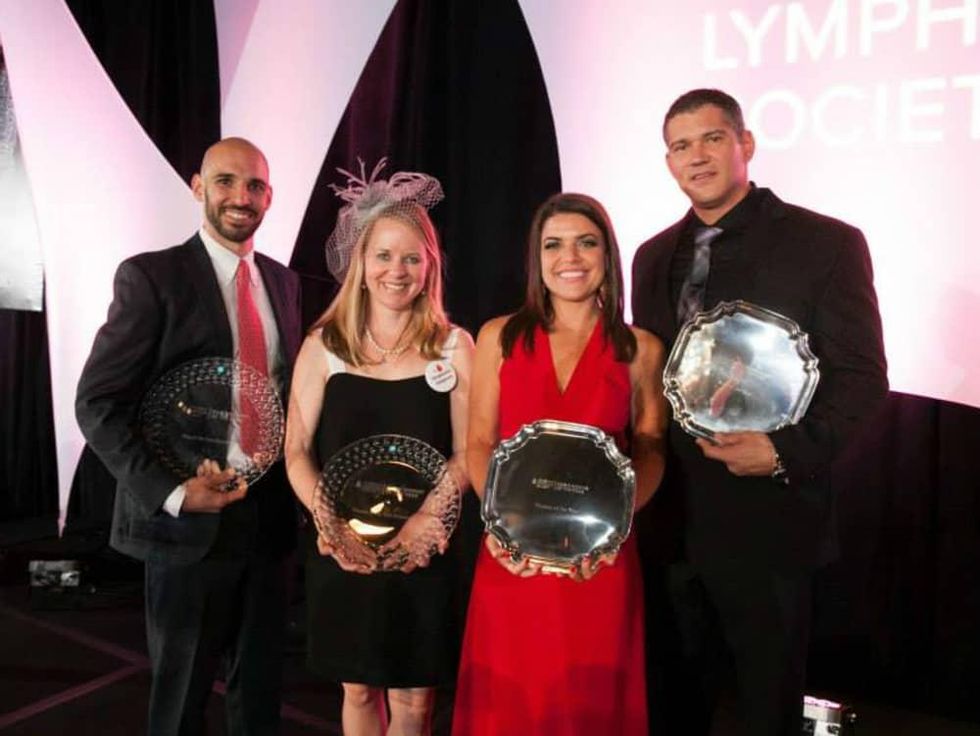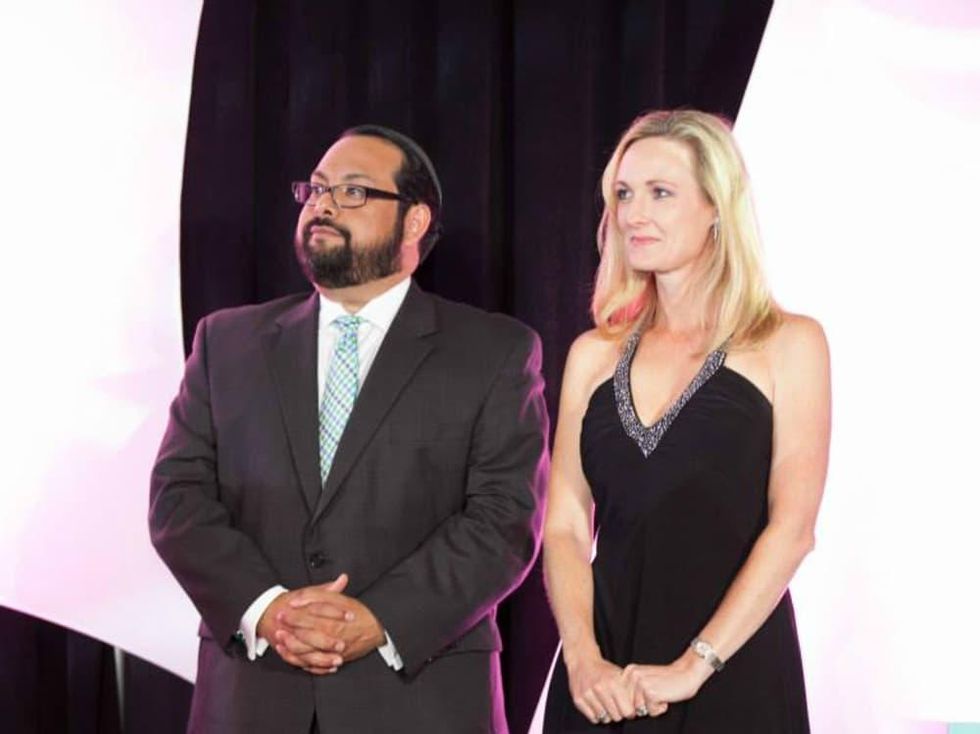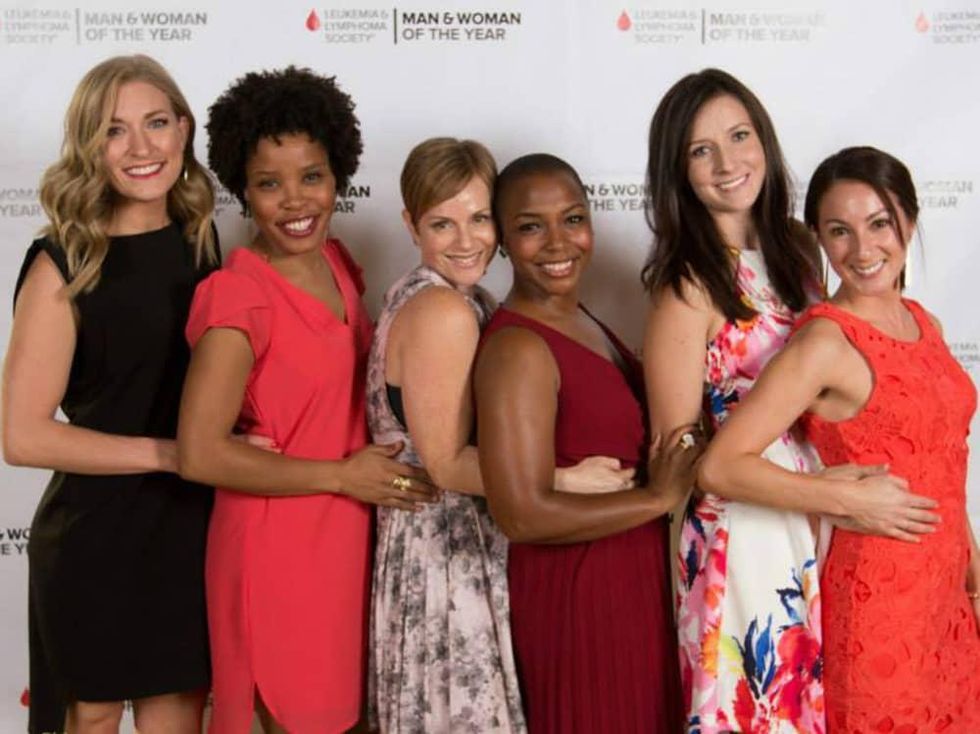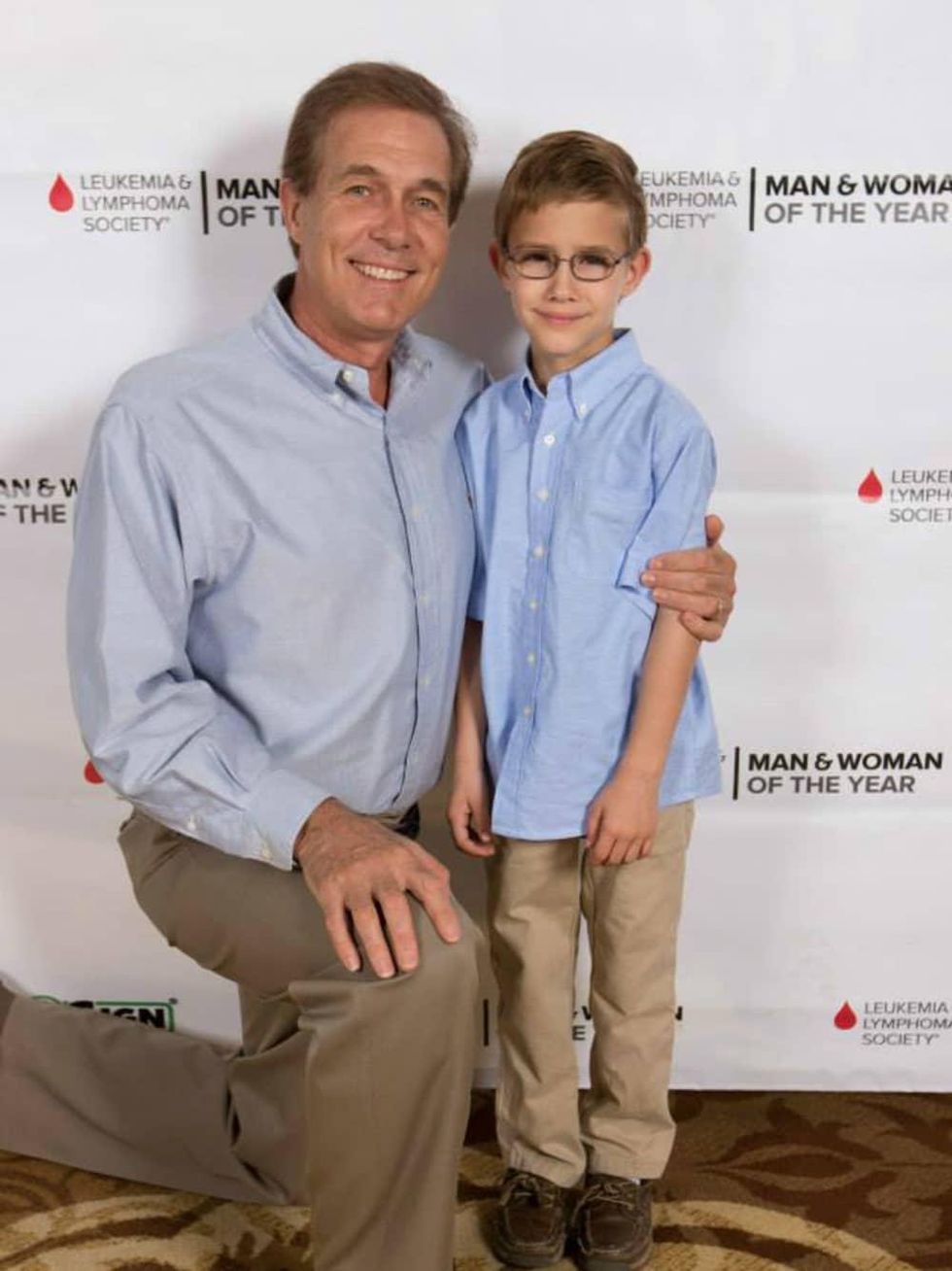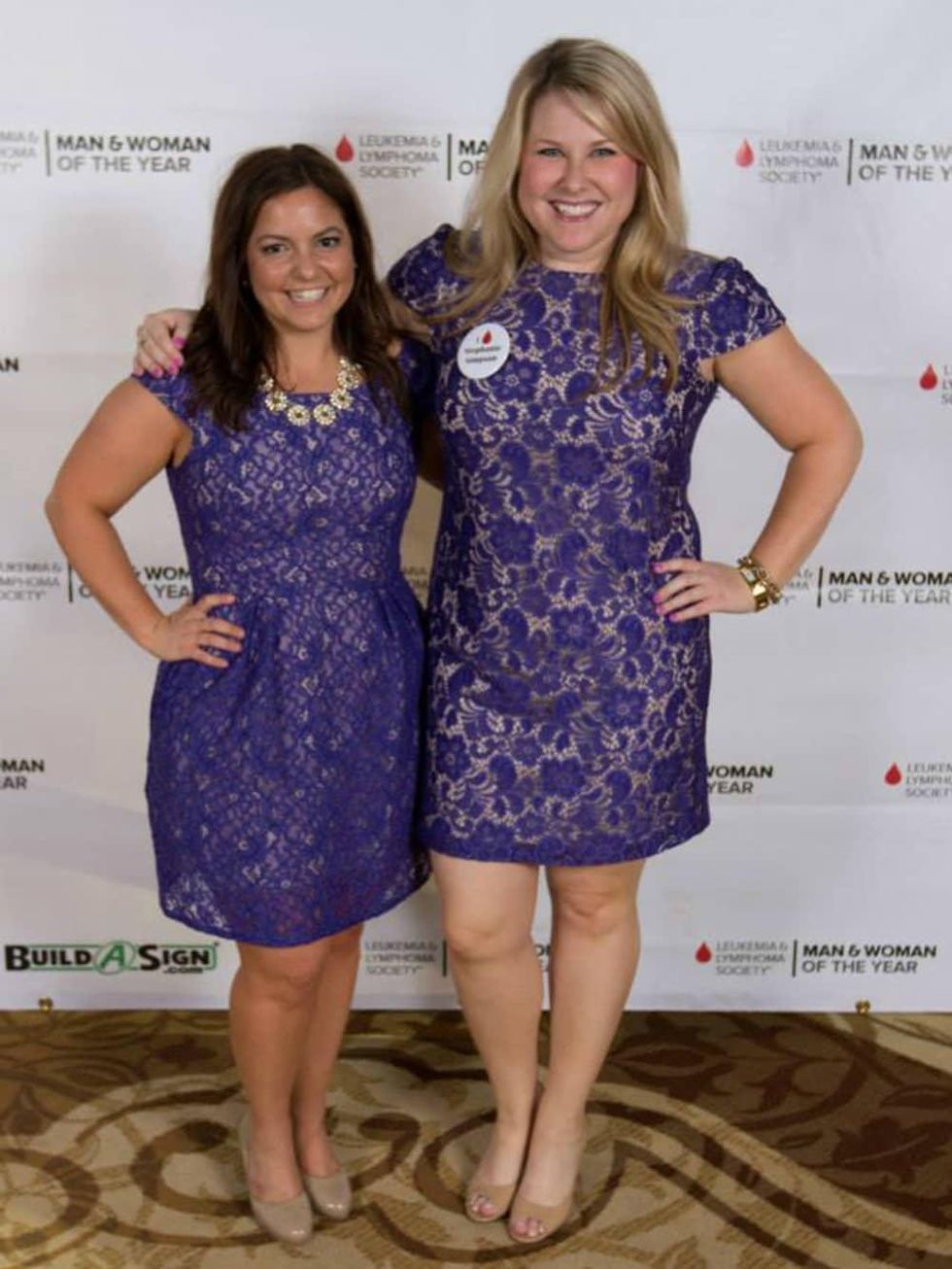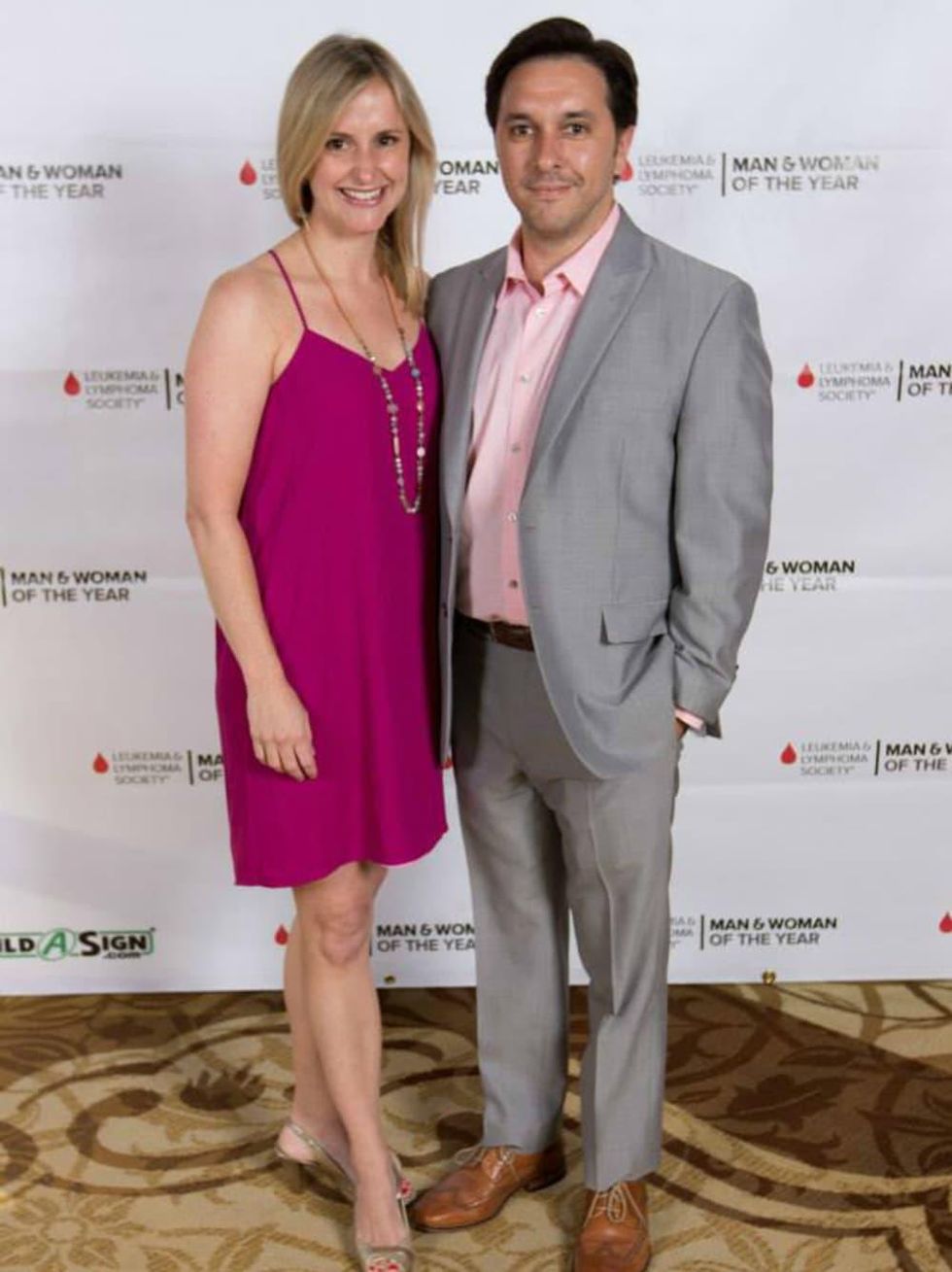Top Honors
Meet the Man and Woman of the Year honored at annual Austin gala
What: Leukemia & Lymphoma Society's Man and Woman of the Year Grand Finale Gala
Where: AT&T Conference Center
The lowdown: On June 5, cancer advocates and local celebrities gathered to see Rylan Reed of Stryker and KXAN's Shannon Wolfson honored as Man and Woman of the Year. The two raised $72,779 and $128,290 respectively for the Leukemia & Lymphoma Society. Eleven participants worked relentlessly over the course of 10 weeks to bring in a record-breaking total of $622,172. Funds will go to the Leukemia & Lymphoma Society and its mission to fund blood cancer research and provide services for those affected by the disease.
"We continue to be in awe of Austin's dedication and fundraising efforts during the campaign and at the gala," said board president of LLS of South Central Texas, Chris Britton, in a release. Wolfson and Reed will go on to compete against other regional winners for the title of National LLS Man and Woman of the Year.
Who: Shannon Wolfson, Rylan Reed, Trey Axe, Stephanie Simpson, Randy Cubriel, Dana Couch Smith, Sarah Appolito, Lacey Appolito, Brett Appolito, Guy Hodgson, Dylan Hodgson and Anne Taylor Billingsley.
